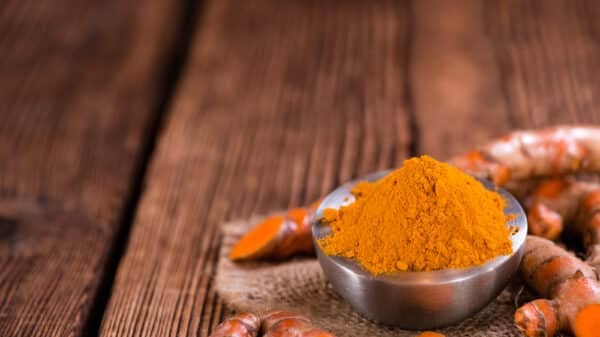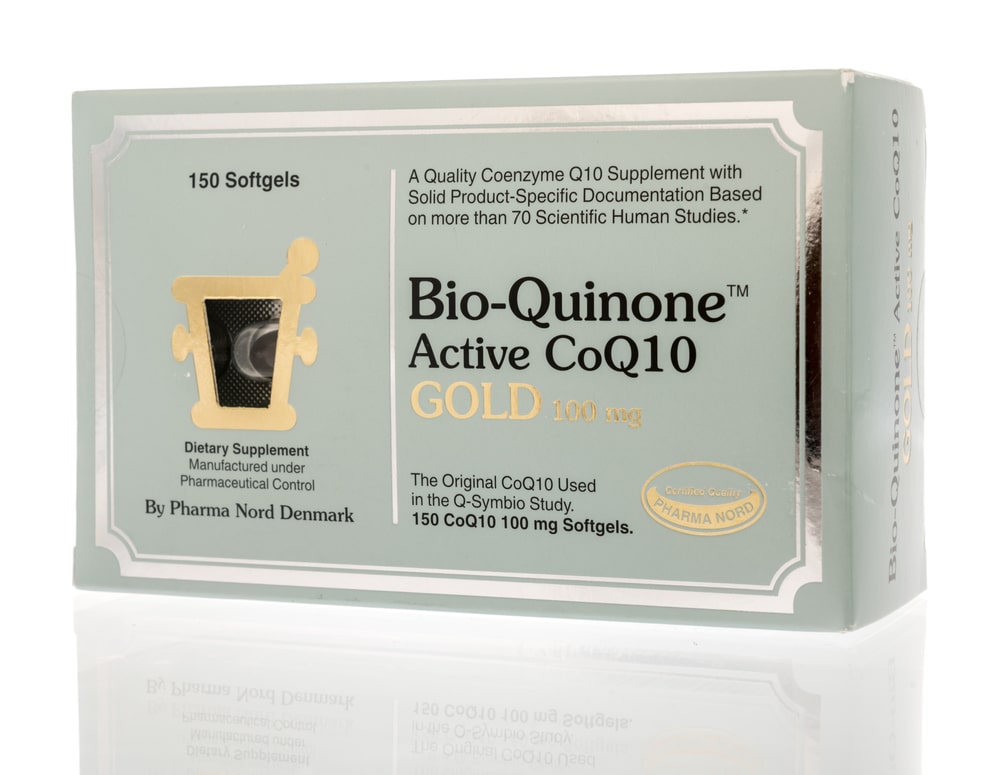Coenzyme Q10, commonly referred to as CoQ10, has surged in popularity as a supplement among health enthusiasts. Renowned for its potential to enhance overall wellness, CoQ10 plays a crucial role in energy production at the cellular level and acts as a potent antioxidant. These properties make it a staple for those looking to support heart health, with emerging interest in its effects on other conditions, from migraines to fertility issues.
How Does CoQ10 Impact Heart Health?
Dr. Frederick St. Goar, a prominent cardiologist from El Camino Health, elaborates on CoQ10’s mechanism. He describes it as an enzyme that the body naturally synthesizes, with vital functions that include safeguarding the endothelial lining of blood vessels. A healthy endothelium is essential for flexible blood vessels, which allows arteries to expand and contract appropriately, maintaining optimal blood pressure levels.
However, as age advances, the body’s natural production of CoQ10 diminishes, potentially leading to endothelial dysfunction and elevated blood pressure. While studies have suggested that CoQ10 supplementation may combat this decline, the evidence remains inconsistent. Dr. St. Goar cautions that while some patients may benefit from CoQ10 in managing blood pressure, physicians do not routinely recommend it for this purpose due to the variability in individual responses.
Potential Side Effects of CoQ10
Most individuals tolerate CoQ10 well, and serious side effects are rare. Dr. St. Goar notes that gastrointestinal issues, such as nausea and diarrhea, are possible, especially if taken on an empty stomach or in higher doses. A common recommendation is to take CoQ10 with food or to divide the daily dosage into smaller increments to minimize any digestive discomfort.
For those with existing low blood pressure, caution is advised. CoQ10 may lower blood pressure levels further, necessitating closer supervision by a healthcare provider. Additionally, due to the lack of regulation over dietary supplements by the FDA, variations in product quality can occur. It is wise to select brands that undergo third-party testing for safety and effectiveness.
Recommended Dosage for CoQ10
Currently, there is no established “ideal” dosage for CoQ10. Dr. St. Goar suggests that a well-tolerated range typically falls between 100 mg and 200 mg per day. However, the correct dosage can fluctuate based on individual health status and the intended use of the supplement. It is advisable to consult with a healthcare professional to tailor recommendations according to personal health conditions.
CoQ10 and Statin Users: Important Considerations
Individuals taking statins for cholesterol management often turn to CoQ10 supplements, as these medications are known to deplete the body’s natural CoQ10 levels, which can lead to side effects like muscle soreness. Dr. St. Goar remarks that while there is little risk in trying CoQ10 to alleviate these symptoms, the effectiveness can vary among patients.
Who Should Approach CoQ10 with Caution?
Although CoQ10 is generally regarded as safe, certain individuals should exercise caution. It should not be viewed as a substitute for prescribed blood pressure medications. Specifically, patients on blood thinners, such as warfarin, must be wary, as CoQ10 can interfere with their effectiveness. It is crucial to discuss any plans to take CoQ10 with a healthcare provider, who can ensure that the supplement aligns with your overall health strategy and does not pose any adverse interactions with current medications.
In summary, CoQ10 emerges as a fascinating supplement for many health-conscious individuals, boasting various potential benefits, especially for heart health. However, understanding its effects, potential side effects, and necessary precautions is key to safely integrating it into one’s wellness regimen.
































